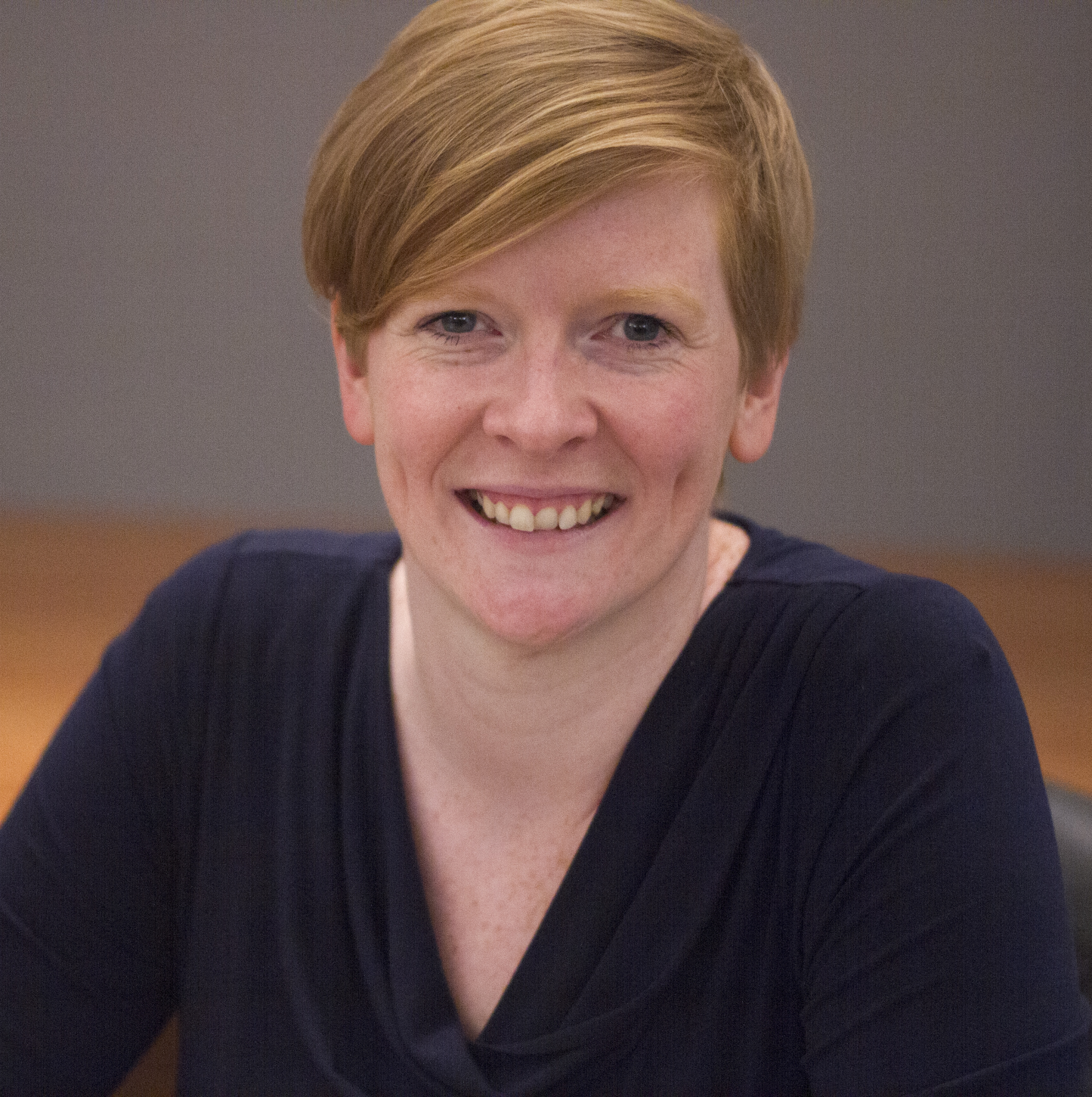
Why frailty matters in cancer care
What is frailty?
As more people are living longer with cancer, including older adults and those with treatable but not curable cancer, the need for onco-geriatrics is becoming more important.
When we talk about frailty and cancer, the first step is accurate identification and ensuring that this doesn’t lead to age based assumptions. Age and frailty are not the same. You can be under 60 and frail due to multiple long-term conditions. While someone in their late 90s may only be mildly frail. As healthcare professionals, we need to get better at recognising and recording frailty in order to improve care.
The Royal College of Radiologists (RCR) have recently coordinated a working group, which included Macmillan Cancer Support, to produce practical guidance on introducing frailty assessments in cancer pathways. At the Macmillan Professionals Conference last November, I led a session where one of the authors of this guidance, Dr Anthea Cree, talked about practical ways to implement the guidance in local services.
Personalised care starts with listening to what matters
Anthea reflected that things may (or may not) have been different if the treatment had started with a question of what was most important to this patient: to remain independent and stay in her own home. It prompted us all in the room to think: could we start the assessment of an older person with cancer by asking the question ‘what matters to me’ before looking at their cancer type, stage and status?
Building connections across cancer, community and frailty services
At the end of the session, we asked the nearly 100 professionals in the room to share one action they would take, and to name one person or service they would contact when they went back to their clinical roles the following week.
I imagined that most of them would respond with an action to talk to a local geriatrician, but the breadth of responses really showed how broadly we need to think when it comes to supporting someone living with cancer and frailty.
Responses included linking up with their lead cancer nurses and clinicians to ensure that frailty scores were included in Multi Disciplinary Team (MDT) discussions (only one or two of the attendees currently had frailty scores included in MDT conversations).
Nearly a quarter of attendees also mentioned they would aim to link up with community services including charities such as Citizens Advice, Age UK and Marie Curie, as well as local community-based NHS services like falls services, community rehab and palliative care.
You don't need to start from scratch – the services are there
Cancer care is becoming more complex. To support people living with frailty, it's important that colleagues across the cancer pathway:
- Read the RCR guidance
- Look at the simple interventions you can implement in your practice.
- Connect with your local frailty teams.
- Explore what community-based services are already supporting people living with frailty.
- more joined‑up care
- better understanding of complex needs
- support that meets people where they are
What you can do next
- Read the guidance and consider how frailty screening could become part of your cancer practice, because frailty is everyone’s business.
- Access free eLearning from the British Geriatrics Society.
- Consider joining the Oncology Special Interest Group of the British Geriatrics Society.
- Visit our HCP blog hub for expert updates on screening, treatment and supportive care.
- Sign up to our professional newsletters to stay up to date with clinical news, research and role‑specific updates.



